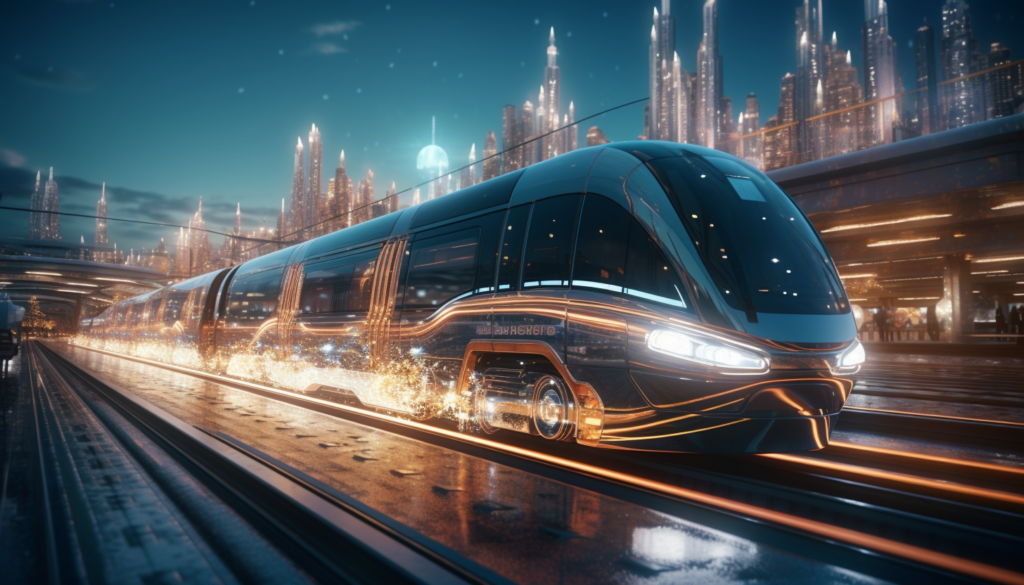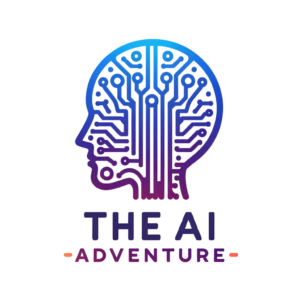Exploring the World of Artificial Intelligence
- Introduction
- What is Artificial Intelligence?
- The Applications of AI
- The Benefits and Potential Risks of AI
- Common Misconceptions about AI
- AI in Everyday Life
- The Future of AI
- Conclusion
Introduction
Artificial Intelligence (AI) is a buzzword that has been dominating conversations in the tech industry and beyond. But what exactly is AI, and how does it impact our lives? In this article, we will delve into the world of AI, discussing its definition, applications, benefits, potential risks, misconceptions, and its ever-increasing presence in everyday life. Let’s demystify AI and explore its fascinating essence.
What is Artificial Intelligence?
At its core, AI refers to the development of intelligent machines that can perform tasks that typically require human intelligence. These machines are designed to simulate human thought processes, such as learning, problem-solving, and decision-making. AI systems rely on complex algorithms, large datasets, and computational power to process information and generate meaningful outputs.
Artificial Intelligence can be broadly categorized into two types: Narrow AI and General AI. Narrow AI, also known as weak AI, is designed to perform specific tasks within a limited domain, such as voice recognition, image processing, or recommendation algorithms. On the other hand, General AI, also known as strong AI, is a hypothetical form of AI that exhibits the same level of intelligence and understanding as humans, enabling it to perform any intellectual task.
The Applications of AI
AI has found applications across various domains, transforming industries and shaping the way we live and work. Here are some prominent applications of AI:
- Healthcare: AI is revolutionizing healthcare by assisting in disease diagnosis, drug development, and personalized medicine. Machine Learning algorithms analyze medical data to identify patterns and make predictions, aiding doctors in making accurate diagnoses.
- Finance: In the financial sector, AI algorithms are used for fraud detection, algorithmic trading, and risk assessment. AI-powered chatbots are also being employed to enhance customer service in banking and insurance.
- Transportation: Self-driving cars are one of the most remarkable AI applications in the transportation industry. These vehicles use sensors, cameras, and advanced algorithms to navigate roads, reducing accidents and providing a more efficient mode of transportation.
- Retail: AI plays a crucial role in e-commerce, powering recommendation systems that suggest personalized products to customers based on their browsing history and preferences. AI is also used for inventory management, supply chain optimization, and customer experience enhancement.
- Education: AI-powered tools like intelligent tutoring systems and personalized learning platforms are transforming the education sector. These tools adapt to the individual needs of students, providing customized learning experiences and improving educational outcomes.

The Benefits and Potential Risks of AI
Like any transformative technology, AI comes with both benefits and potential risks. Let’s explore them:
Benefits of AI
- Increased Efficiency: AI automation can perform tasks faster and more accurately than humans, leading to increased productivity and efficiency in various sectors.
- Improved Decision-Making: AI systems can analyze vast amounts of data, extracting valuable insights to support decision-making processes in both businesses and everyday life.
- Enhanced Safety: AI applications in areas such as healthcare, transportation, and manufacturing can improve safety by reducing human errors and risks associated with certain tasks.
Potential Risks of AI
- Job Displacement: As AI automates certain tasks, there is a concern that it may lead to job losses in certain industries, potentially causing unemployment and income inequality.
- Ethical Dilemmas: AI raises ethical concerns regarding privacy, bias, and accountability. For example, AI algorithms may inadvertently discriminate against certain groups or invade individuals’ privacy.
- Dependency on AI: Overreliance on AI systems can make humans vulnerable to system failures or malicious attacks, as well as the potential loss of essential skills and knowledge.
Common Misconceptions about AI
With AI’s increasing popularity, several misconceptions have arisen. Let’s debunk a few of them:
- AI will replace humans: While AI can automate specific tasks, it cannot replace human creativity, complex problem-solving abilities, and emotional intelligence. AI is designed to augment human potential, not replace it.
- AI is all-powerful: AI is proficient in performing specific tasks within defined domains, but it lacks the ability to dynamically adapt to new, unfamiliar situations.
- AI is infallible: AI systems are not entirely error-free. They are prone to biases, inaccuracies, and vulnerabilities, requiring constant monitoring and evaluation.
AI in Everyday Life
AI has become an integral part of our daily lives, often without us even realizing it. Here are some examples of AI in everyday life:
- Virtual Assistants: Voice-controlled virtual assistants like Siri, Alexa, and Google Assistant use AI algorithms to understand and respond to user commands, making our lives more convenient.
- Social Media: The algorithms used by social media platforms to curate and prioritize our feeds are powered by AI. They analyze our browsing behavior and preferences to show us relevant content.
- Recommendation Systems: AI recommendation systems are widely used in streaming platforms like Netflix and Spotify, suggesting movies, songs, and TV shows based on our viewing habits.
- Smart Home Devices: AI-enabled smart home devices like thermostats, security cameras, and lighting systems use machine learning to learn our preferences and adapt to our needs.
The Future of AI
The future of AI holds immense potential and possibilities. Here are some key areas that are likely to evolve:
- Ethical AI Development: Efforts to develop AI systems that are transparent, fair, and unbiased will gain prominence. Regulations and guidelines will be established to ensure responsible AI development.
- AI-Assisted Healthcare: AI is expected to play an even more significant role in healthcare, from early disease detection and diagnosis to personalized treatment plans and drug discovery.
- Autonomous Vehicles: Self-driving cars and other autonomous vehicles will continue to advance and become more prevalent, providing safer and more efficient transportation.
- AI-powered Robotics: Robots equipped with AI capabilities will find broader applications in industries such as manufacturing, logistics, and healthcare, enhancing productivity and efficiency.
Conclusion
Artificial Intelligence is a transformative technology that holds immense potential to revolutionize various industries and improve our daily lives. While it offers numerous benefits, including increased efficiency, improved decision-making, and enhanced safety, we must also address the potential risks and ethical concerns it poses. As AI continues to evolve, it is crucial to have a comprehensive understanding of this technology to make informed decisions and ensure its responsible and ethical deployment. Let’s embrace the world of AI and harness its power for the greater good.


